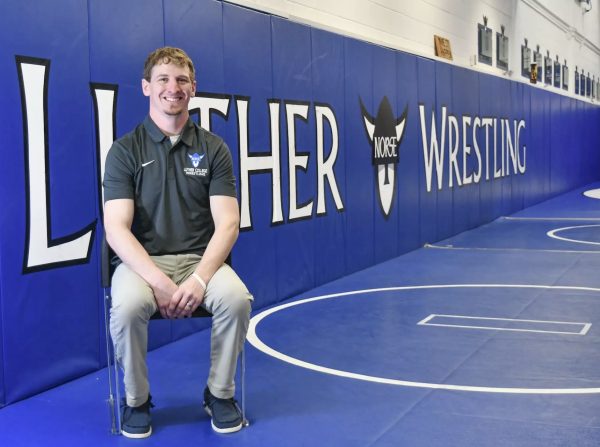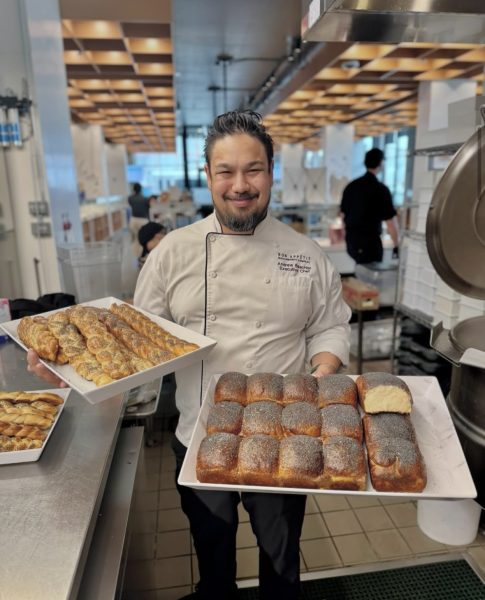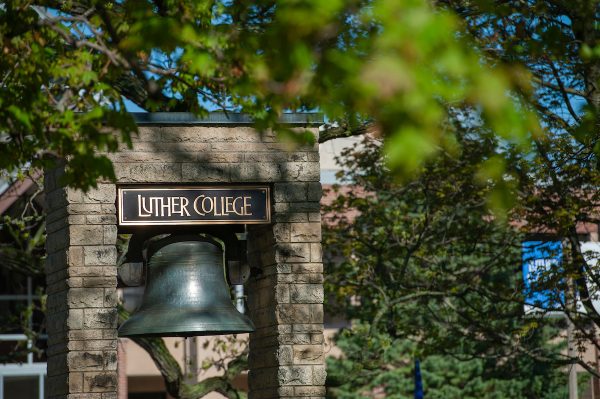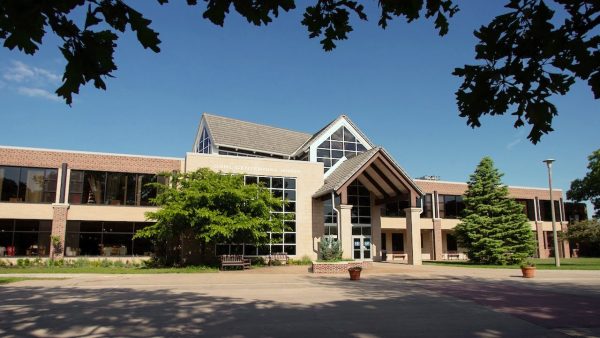Phi Beta Kappa Homecoming Symposium of the Liberal Arts
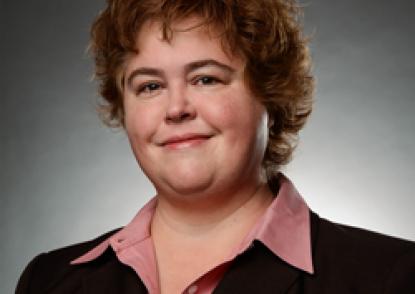
Headshot of Bonnie Gunzenhauser, Ph.D, dean of the College of Arts and Sciences at John Carroll University Photo courtesy of jcu.edu
The 5th annual PBK Homecoming Lecture was given on Saturday, October 31, by Academic dean of John Carroll University and Luther College alumni Dr. Bonnie Gunzenhauser (‘90), a former member of PBK. The lecture was given in honor of Dr. Mary Lou Mohr, Luther College Professor Emeritus and founder of Luther’s Phi Beta Kappa chapter.
The topic for this symposium was on the importance of higher education and how participation could change this year due to the ongoing COVID-19 pandemic.
“Universities and colleges need to have core identities, missions, and values,” Gunzenhauser said. “But you also need to evolve to meet the needs of the changing context.”
The Phi Beta Kappa Honor Society was founded on December 5, 1776 at the College of William and Mary during the American Revolution. The founding members chose for their motto the words “Love of Learning is the Guide to Life.” John Heath was the organization’s first president, and held the meetings in secret so that there could be a discussion on any topic no matter how controversial.Today there are 290 chapters nationally. The Luther College chapter of PBK was founded on April 13, 1983, and 37 Luther seniors were inducted.
The introduction of Dr. Gunzenhauser was given by co-president of PBK, Assistant Professor of English Marie Drews (‘02), who informed the attendees that Guzenhauser is a summa cum laude graduate of Luther College and that she earned her Ph.D. in English Language and Literature from the University of Chicago.
Guzenhauser spoke about how the return on investment of a liberal arts education at Luther is higher than the return of investment of engineers or business personnel. Dr. Guzenhauser used this statistic to show how important it is to have a higher education, and how colleges and universities should be outcome driven and able to preserve the value of higher education.
“Here is a national conversation telling us that the liberal arts is important; even essential,” Guzenhauser said. “The national initiatives paint a positive big picture of the liberal arts and why they are crucial; they don’t exactly solve the question of what we should be doing on our campuses. What are some key ingredients to a 21st century liberal arts education.”
Dr. Gunzenhauser has worked in education for her entire career, teaching for 10 years at Roosevelt University in Chicago, and eventually moving up into administration. She served as the dean at Roosevelt University for seven years, and most recently moved to John Carroll University to serve in the position of academic dean.
“Dr. Guzenhauser is trained in the literature and culture of England’s long 18th century, and holds a PhD in English from the University of Chicago for academic interests including public humanities,” Professor Drews said. “The emergent genres of the long 18th century, particularly the novel and political journalism and the history of reading and of the book. She has edited a book reading in history new methodologies from the Anglo-American tradition and is published and presented widely on.”

